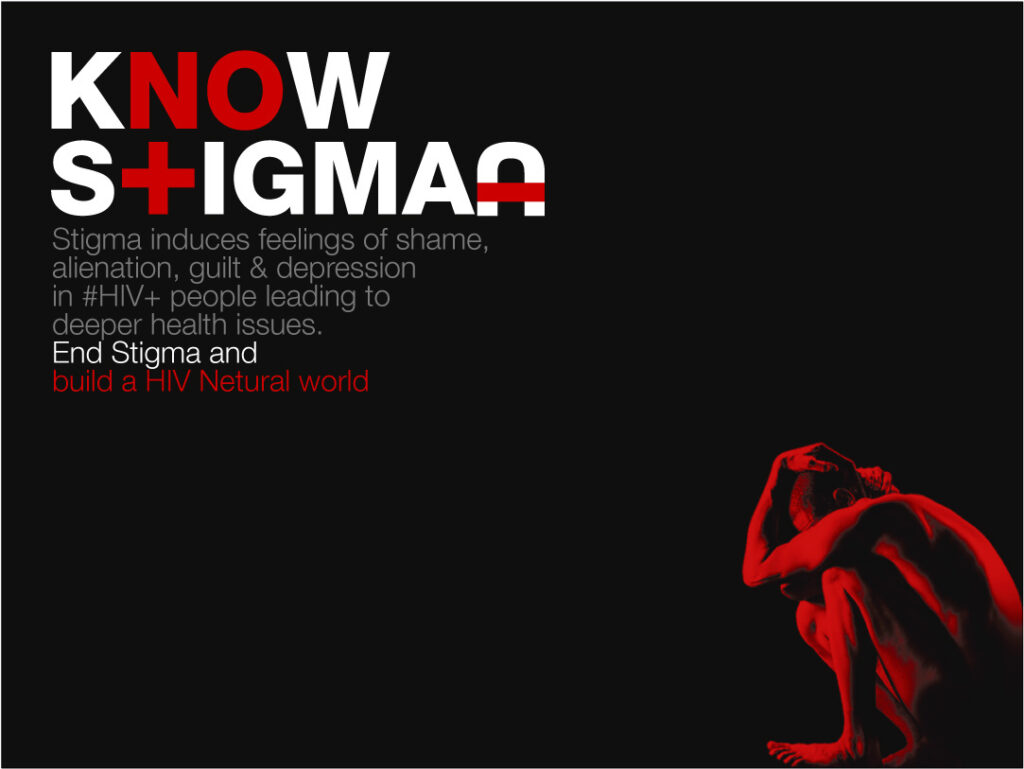Some persons living with HIV in the country have revealed that a lot more people who are HIV positive are unwilling to declare their status and get the free antiretroviral drug that will gradually prevent them from spreading the disease to others mainly because of stigma and discrimination from family, society and often health workers.
According to a study on stigma and discrimination in some 20 communities across the 16 regions of the country by the Christian Health Association Ghana, 11 per cent of persons living with HIV suffer stigma and discrimination from the community, 6.4 per cent from home, and 4 per cent from health facility and 4.1per cent from the workplace.
Speaking to some persons living with HIV, their major concern has to do with derogatory comments or subtle forms of treatment from family, society and even some health workers.
The situations is said to be preventing a lot more of these people from declaring their status and getting the free anti-retroviral drug that suppresses the virus to the extent that one cannot share with another.
Sharing her ordeal, Juliana, a person living with HIV for more than 16years said she has 3 children who are all HIV negative including her husband but her family continue to battle with stigma and discrimination from society.
“When I was informed of being positive, the one counseling me even told me to prepare my back because I will die soon. Sometimes when you go to the hospital for drugs, the nurses will isolate you and even ask you not to touch anything at the facility”.
Another person living with HIV said “it was difficult for me to declare my status because I heard stories of people being treated unfairly because of the condition. I finally went for treatment because I met someone who looked very healthy although she was positive and that motivated me to go for the drug which is free, now I am virally suppressed which means I cannot transfer to anyone”.
“I will advise anyone with the condition to go for the drugs, it is free. Also I want to encourage people to get tested and know their status. I have met a lot more younger people who are on the drug but they lack the discipline to take the drugs as prescribed”.
Aaron, one other person living with HIV said “I have been called names by friends but it didn’t stop me from getting help. I am now helping other younger ones to seek the right help but the challenge is often the health workers tell others of their condition and one’s people get to know their status, the discrimination starts and it makes it difficult for these people to come back to the hospital to get the drugs”.
Data from the Ghana Aids Commission states that in 2021, persons living with HIV contribute to 346,120 of the population of which 34 per cent are males and 66 per cent females.
Out of the 88 per cent of persons living with HIV, 79 per cent are on treatment and 79 are virally suppressed.
Stigma and discrimination forcing more persons living with HIV not to declare their status
Some persons living with HIV in the country have revealed that a lot more people who are HIV positive are unwilling to declare their status and get the free antiretroviral drug that will gradually prevent them from spreading the disease to others mainly because of stigma and discrimination from family, society and often health workers.
